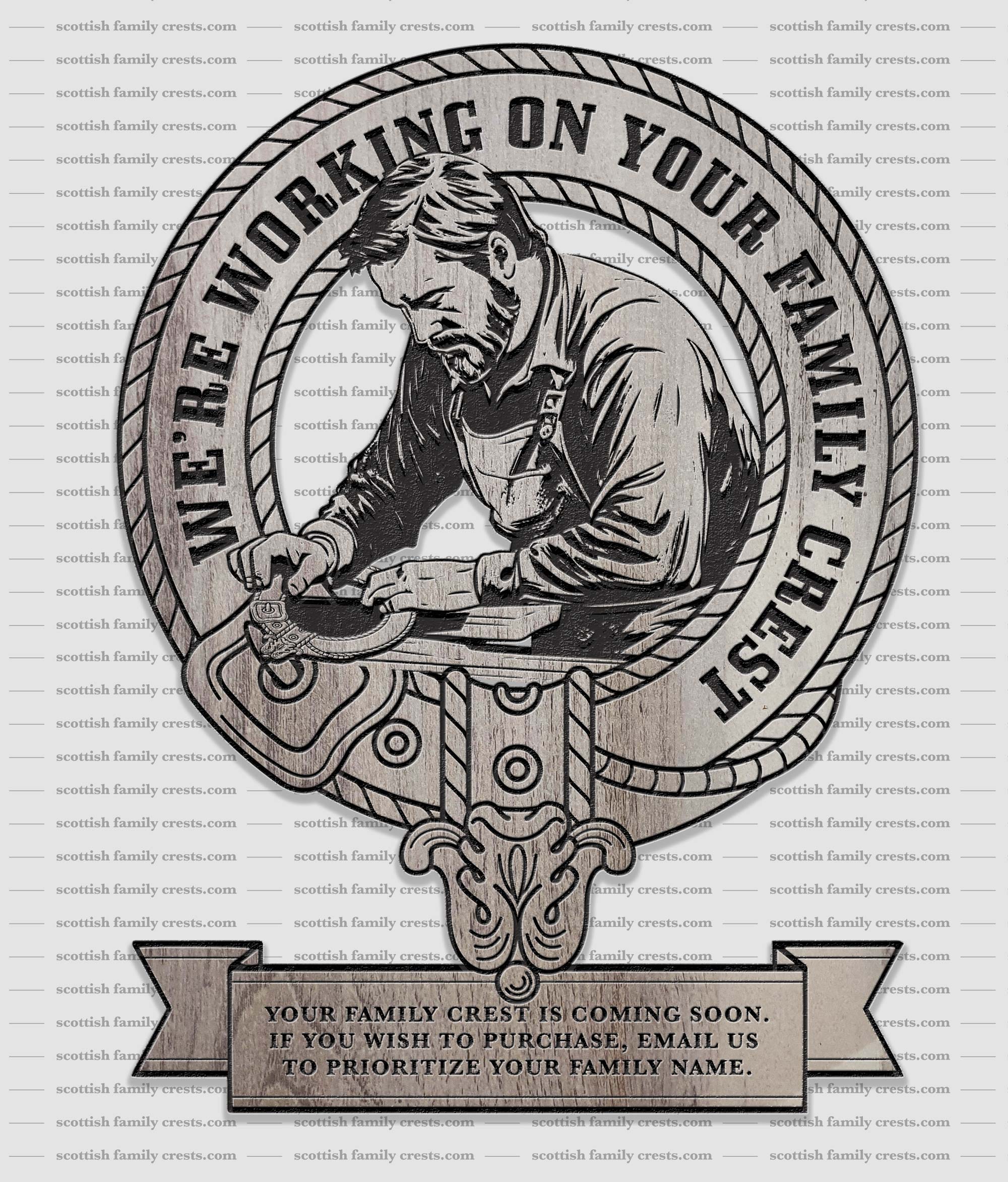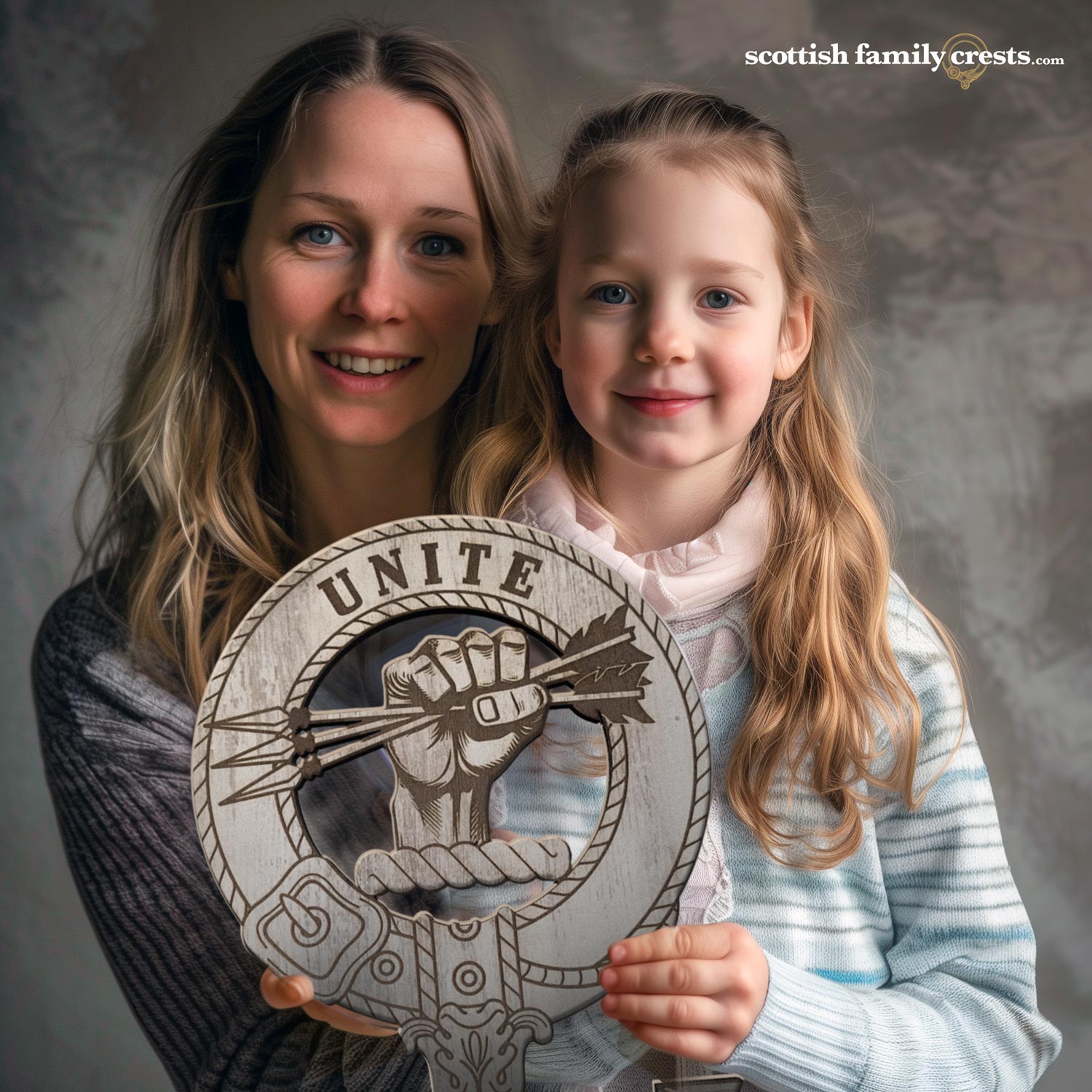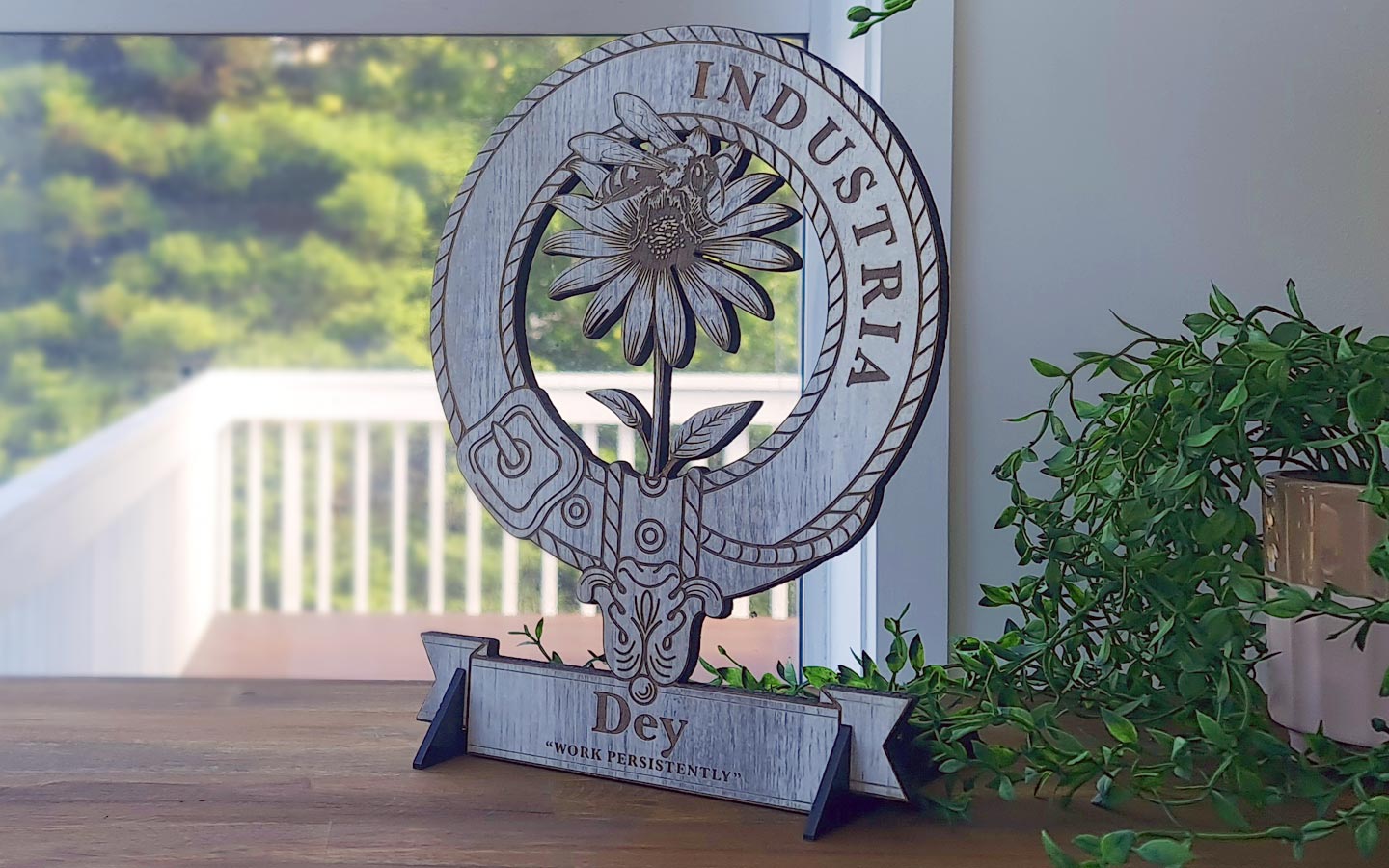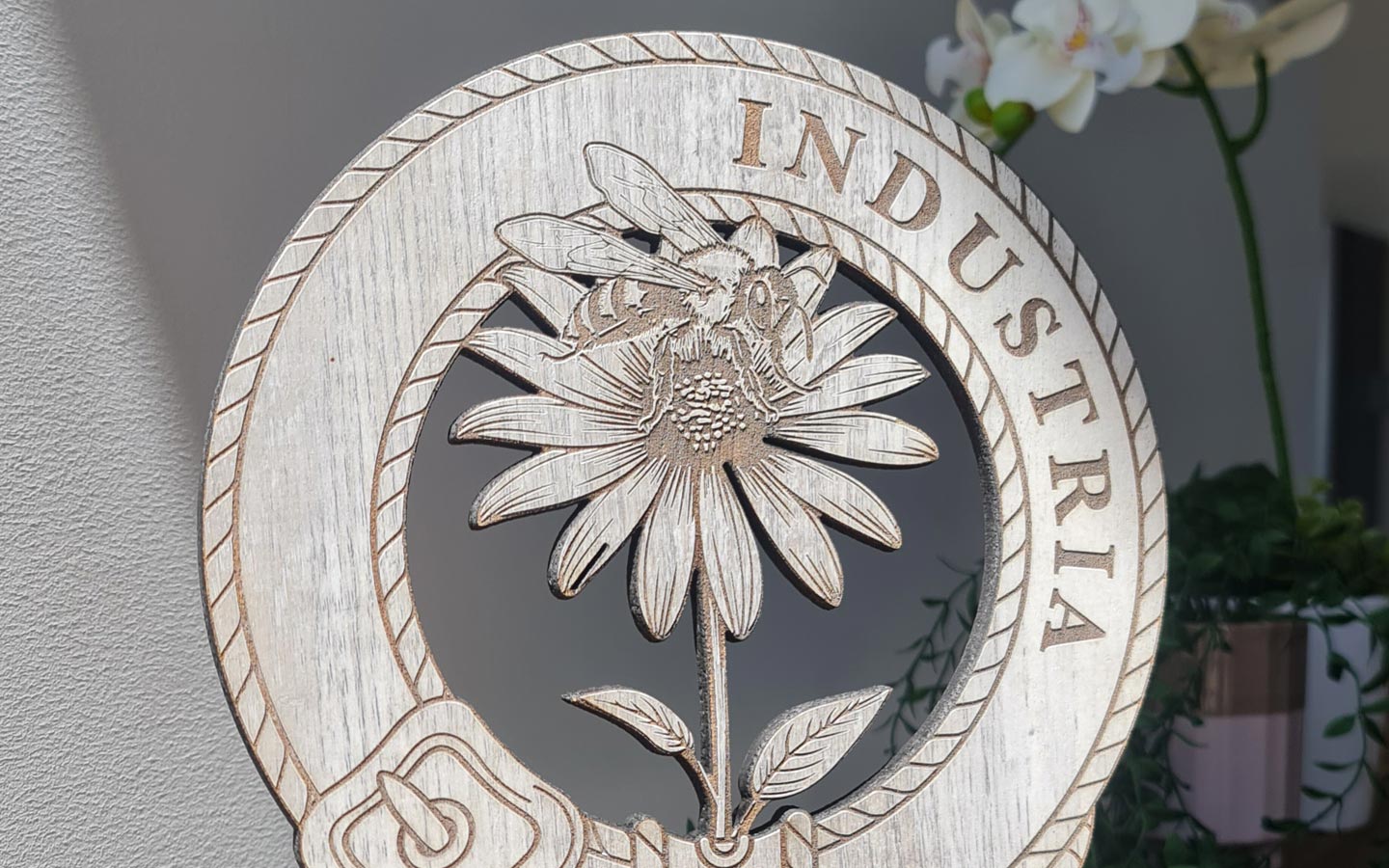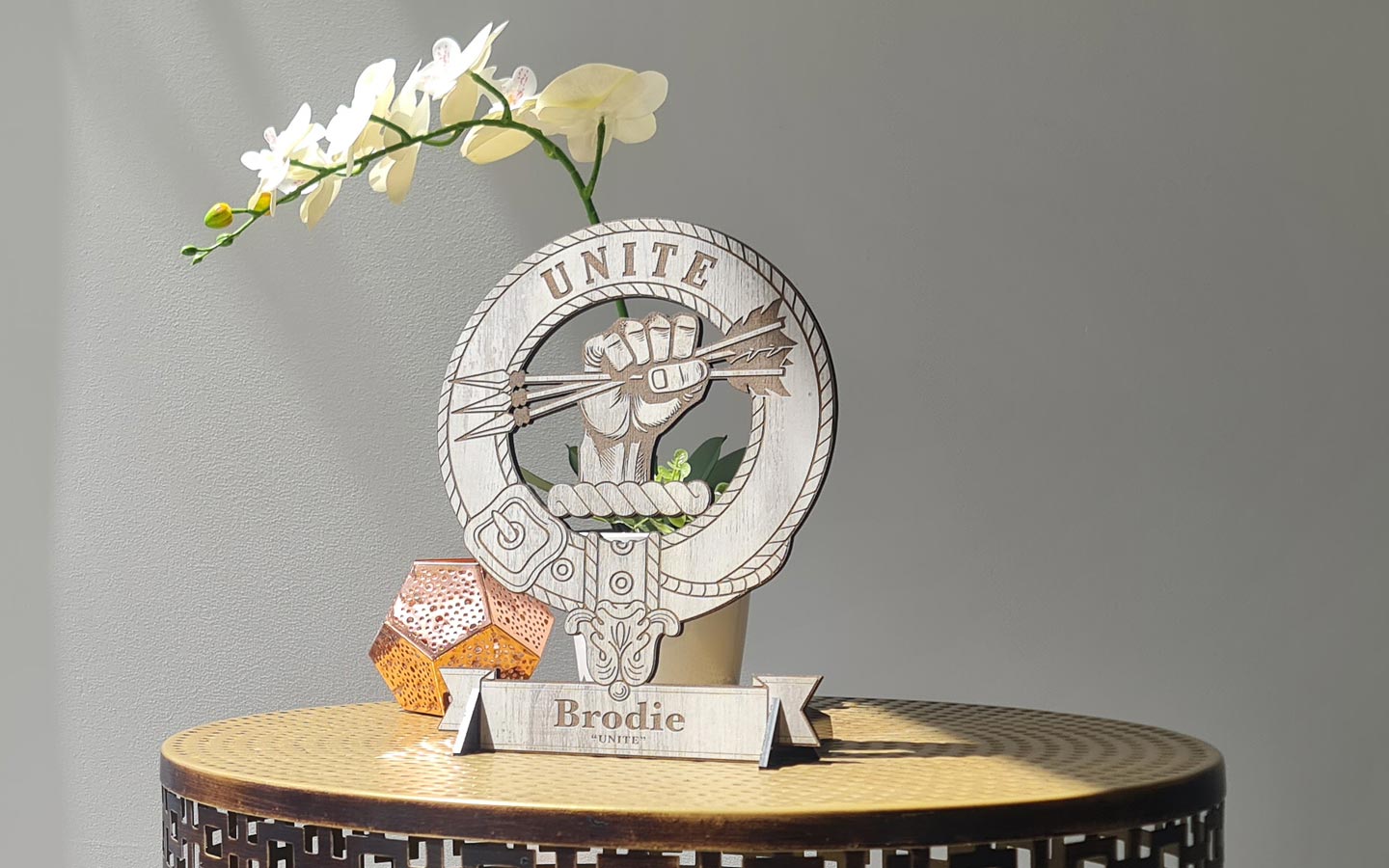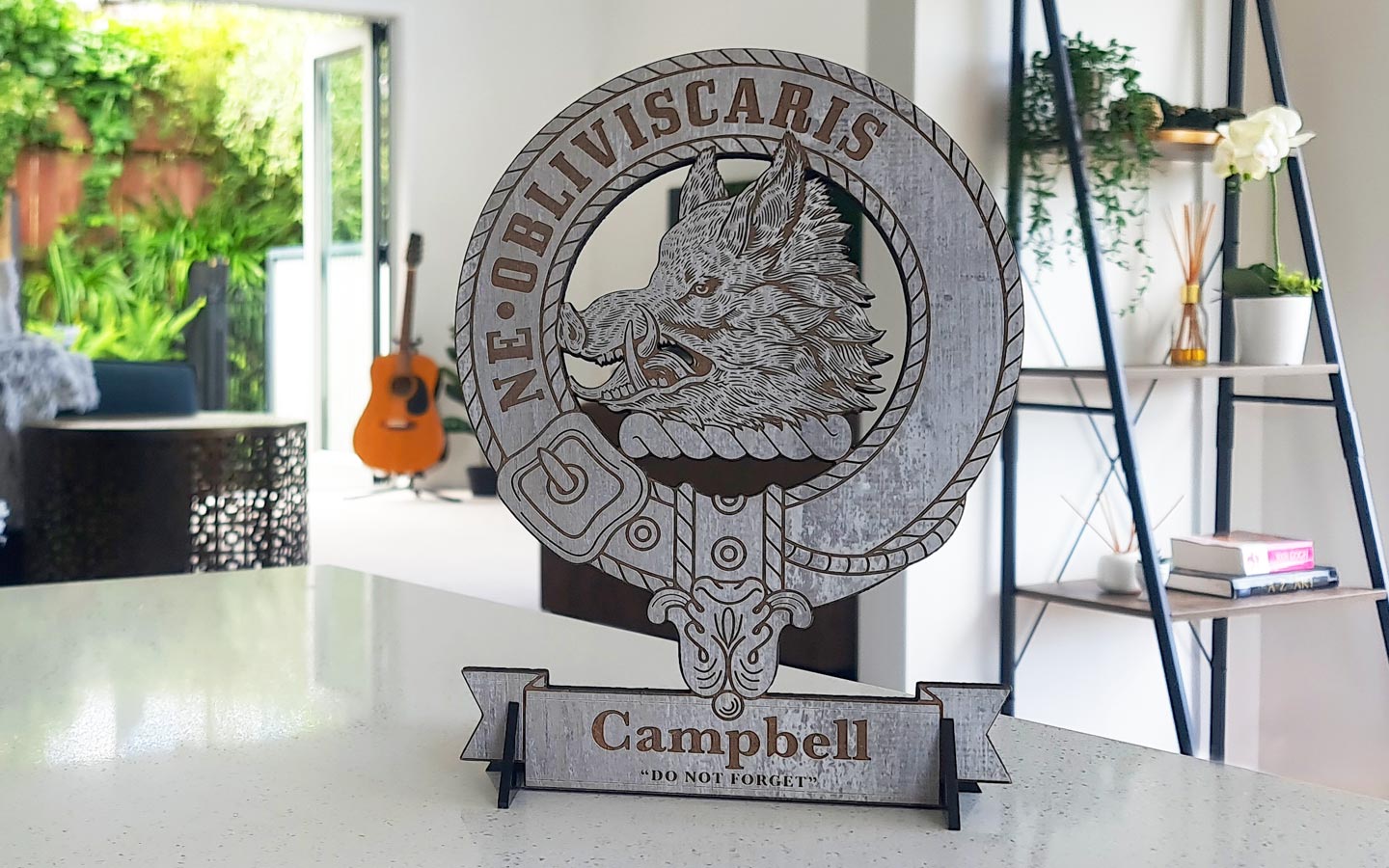The Fletcher Family History & Ancestry
Let me share the captivating history of your family, the Fletchers. The name Fletcher is derived from the French term “flechier,” meaning an arrow maker. This trade name was so common that it eventually found its way into Gaelic as “fleisdear.” Interestingly, in the eighteenth century, some families decided to anglicize the name Mac an fheisdeir back into Fletcher, completing a full circle. Your family’s main branches can be traced to Saltoun and Innerpeffer, with one source suggesting a direct lineage from Sir Bernard Fletcher, an English baron.
The presence of the Fletchers in Scotland can be traced back several centuries. John Fletchyr held land in Roxburgh around 1388, and Henry Flesher served as a burgess of Forfar in 1374. One branch of the Mac an fheisdeir settled in Glenorchy, Argyll, after the eleventh century, becoming arrowmakers to the Macgregors. Small groups of Mac an fheisdeir also settled in the glens belonging to other clans, where they likely produced arrows. The earliest recorded chief, Angus Mac an fheisdeir, was born around 1450.
However, the Fletchers faced challenges when Duncan Campbell of Glenorchy, who held favor with James VI, sought to claim their lands. Utilizing his influence, he maintained a large band of armed retainers, which he used for violence and intimidation. By provoking a dispute with the chief of the Mac-an-leisters and falsely accusing him of murder, Campbell coerced Mac an fheisdeir into signing a deed ceding their family lands to the Campbells. From then on, the Fletchers became tenants in Glenorchy rather than landowners. Archibald, the ninth chief, led the Mac-an-leisters in the first Jacobite rising in 1715, while his younger brother, John, called them to action again during the Forty-five uprising. Despite his brother’s involvement, the chief provided some men to the Hanoverian forces under the Campbell landlords, thus avoiding forfeiture.
Moving beyond Glenorchy, another prominent figure within your family’s history is Andrew Fletcher of Saltoun, known as “the Patriot.” Born in 1653, Fletcher was a fierce opponent of the Union of 1707. He studied at the University of St. Andrews and later became Commissioner for Haddingtonshire in the Scottish Parliament. Fletcher wrote extensively on political and economic matters, leading the Anti-Union Country Party in the final independent Scottish Parliament. He prophesied that the union with England would bring ruin to Scotland’s economy and is remembered for his resolute opposition to the Union. It is said that his last words before his death in 1716 were, “Lord have mercy on my poor country, that is so barbarously oppressed.”
The surname Fletcher, meaning “arrow maker,” was associated with various clans who employed them. In Argyll, the Fletchers were linked to the Campbells and Stewarts, while in Perthshire, they were associated with Clan Gregor. Noteworthy individuals from different periods include Henry Fletcher, who served as Burgess of Forfar in 1374, and Patrick Flegean, who held the position of Dean of Christianity in Inverness in 1461. Additionally, it is believed that the Fletchers of Saltoun and Innerpeffer directly descended from Sir Bernard Fletcher of York, England.
Throughout history, the Fletchers owned Achallader in Glen Tulla for several centuries before eventually ceding their lands to the Campbells of Glenorchy in the sixteenth century. During the 1715 Jacobite Uprising, the ninth chief, Archibald Fletcher, actively supported the cause. In the 1745 Uprising, Fletchers fought on both sides, ensuring their preservation from forfeiture following the Jacobite defeat at the Battle of Culloden. However, in the century that followed, many Fletcher clansmen were forcefully displaced by the Campbells of Breadalbane from Glenorchy to make room for sheep grazing. This led to significant emigration overseas. In 1911, the Fletcher Chiefship became dormant with the passing of the 14th Chief in New York, marking an important chapter in your family’s history.
It is worth noting that Andrew Fletcher of Saltoun, your notable ancestor, vehemently opposed the Act of Union in 1707, which dissolved the Scottish Parliament in Edinburgh, where he served, and merged it with the English Parliament at Westminster. His steadfast resistance remains a significant aspect of your family’s legacy.
The Family Crest
Wherever in the world you live, embrace your family heritage and adorn your home with a timeless symbol of your family legacy with our crafted Family Crests.
Family Crest Motto: DIEU POUR NOUS (God for us)
$150.00 Original price was: $150.00.$99.00Current price is: $99.00.
Copyright Notice: This artwork is protected by copyright law. Unauthorized reproduction, distribution, or usage of this artwork without explicit permission from ScottishFamilyCrest.com is strictly prohibited.

